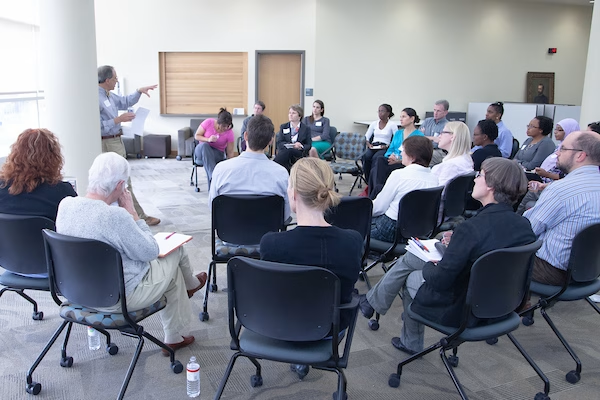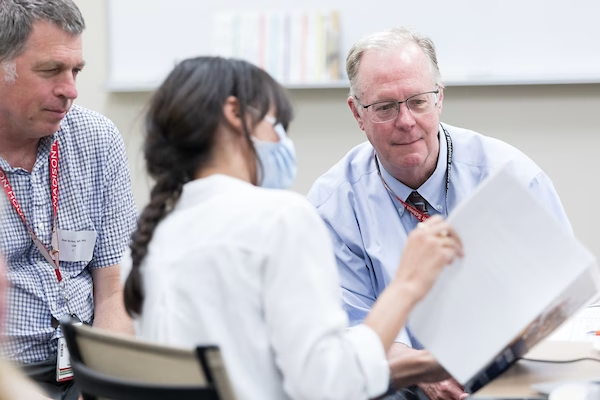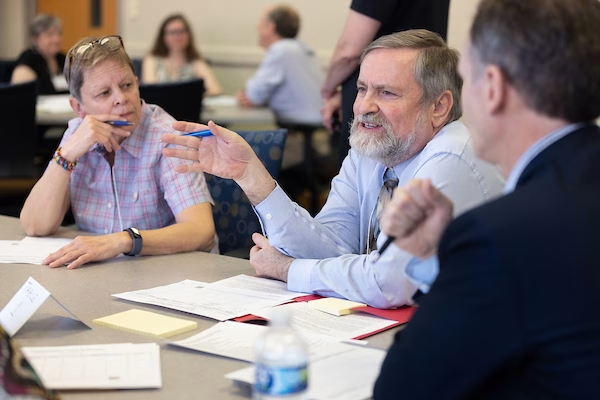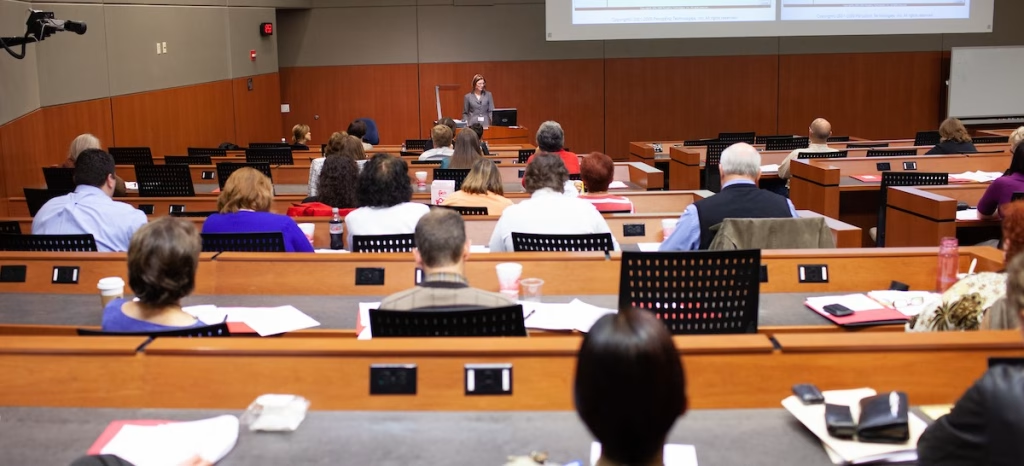Career Development Programs
ICTR career development programs provide training, mentorship, and research support to help diverse clinical and translational researchers across career stages.

Degrees and Certificates

Graduate Programs
ICTR offers MS and PhD programs in Clinical Investigation, as well as an MS in Clinical & Health Informatics.

Certificate Programs
Our certificate programs include Fundamentals of Clinical Research, Implementation Science & Community Health Outcomes, and Clinical & Health Informatics. In addition, the Pharmacogenomics Certificate is offered through a partnership between ICTR, the UW-Madison School of Pharmacy, and the Marshfield Clinic Research Institute.
Trainings & Workshops
ICTR offers a variety of courses, workshops, and presentations on specific topics related to clinical and translational research, such as study design, community engagement, team science, mentorship, grant and manuscript writing, dissemination and implementation, and more.

Communities of Practice
ICTR supports and facilitates several Communities of Practice addressing specific areas of clinical and translational research.

